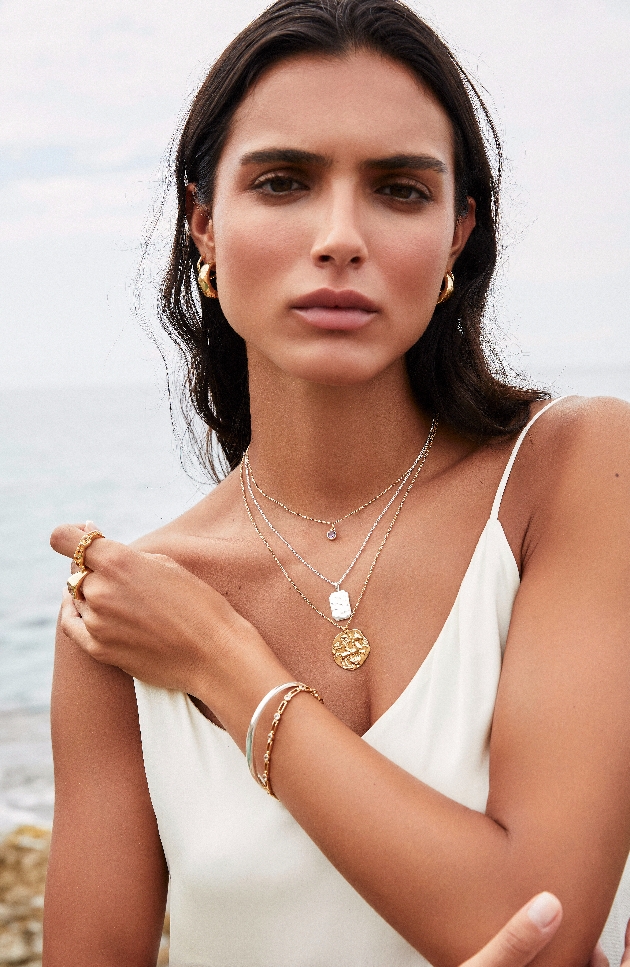New research shows how 80 percent of Gen Z consumers ditch fast fashion jewellery for timeless pieces – ushering in a new age of intentional luxury

Despite the UK jewellery market exceeding £11 billion in 2023/2024, today's shoppers are embracing a "fewer, finer" mindset. A third of Brits have already ditched impulse-driven trend purchases in favour of thoughtful, long-lasting items, revealing that less really is more.
Millennials spend the most
Millennials are leading the charge, spending an average of £245.70 per piece – 47 percent more than Baby Boomers. Yet only 13 percent of Millennials say they buy jewellery for trend or fashion reasons. Instead, they are curating timeless collections that carry meaning and are versatile across seasons, occasions, and outfits. Kate Hardcastle MBE, consumer expert and broadcaster, explains: "Millennials are not buying jewellery to impress others – they're buying to express themselves. The pieces they choose are intimate extensions of who they are and who they are becoming. After years of digital overload and throwaway culture, they're seeking something tactile and lasting."
Jewellery becomes part of the daily ritual
The research found that 56 percent of all consumers now shop exclusively for jewellery designed to be worn every day. Top choices for capsule collections? Necklaces, earrings and bracelets – timeless staples that transition from day to night. Today's younger shoppers aren't simply accumulating jewellery – they're curating it. Stephanie Cliffe, Brand Director at Azora, said: "One of the strongest signals from our research is that consumers have moved from impulse to intention. Creating a capsule collection is becoming a symbol of modern style, emotional maturity, and sustainability."
Regional hotspots challenge the London stereotype
The data also reveals that Wales, South East England, and Central England lead the UK in jewellery purchase frequency – challenging assumptions that style starts and ends in the capital. In fact, Glasgow emerged as the most jewellery-obsessed city in the UK, with London and Manchester close behind.
A quiet rebellion against fast fashion
The rise of capsule jewellery mirrors the cultural exhaustion with fast fashion. 25-34 year-olds buy jewellery nearly four times more often than those aged 65+, yet they favour quality over quantity and versatility over trend. "Jewellery must now deliver more than beauty," adds Hardcastle. "In today's world, it is not about fitting in – it's about standing out in the most intimate, individual way. As we move through uncertain times, consumers are looking for anchors. Pieces they can trust, hold, wear and love. There's a return to tactility, to craft, to care, to emotional clarity—and that's exactly what the new jewellery movement represents. It's not fast. It's not fleeting. It's forever."
To support consumers in finding their perfect everyday pieces, Azora has launched the 'fewer, finer' quiz – a guided tool to help individuals build their own timeless jewellery capsule.
www.azorajewellery.co.uk